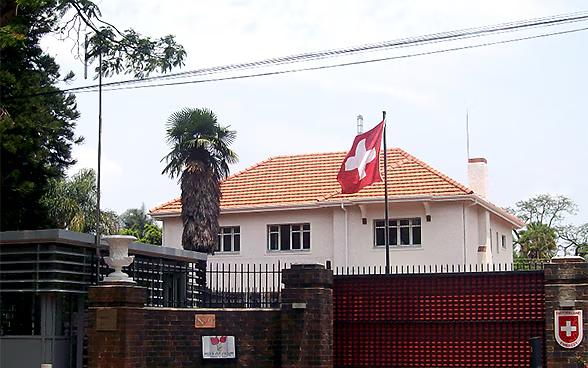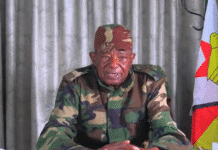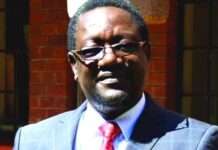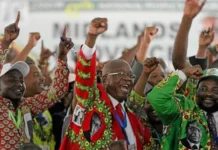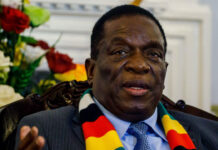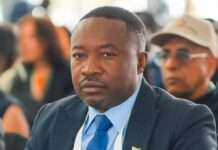The Swiss government has introduced sweeping changes to its financial-sanctions framework, including measures that affect its long-standing restrictions on Zimbabwe.
Adopted on 13 August 2025 and set to take effect on 15 September, the new “Ordinance on the Harmonisation of Sanctions Ordinances” aligns Switzerland’s sanctions regime with updated humanitarian and financial-services guidelines.
The revised rules modify the 2002 sanctions on Zimbabwe by creating broader humanitarian exceptions and clarifying financial procedures. Under the changes, the transfer of funds or economic resources for recognised humanitarian activities—such as United Nations operations or Swiss-funded relief agencies—is no longer automatically blocked.
Payments such as interest, contractual obligations or arbitral awards may also be credited to frozen accounts provided the money remains inaccessible to the sanctioned party. At the same time, Switzerland has tightened reporting requirements so that all organisations, not just banks, must declare any Zimbabwe-linked assets to the State Secretariat for Economic Affairs and promptly report new credits, including the names of beneficiaries and the purpose and value of frozen funds.
Officials in Bern say the goal is to harmonise humanitarian carve-outs while increasing transparency, ensuring that sanctions continue to target political and military elites without obstructing essential aid. The measures form part of a broader update that touches sanctions related to conflicts and governance crises in countries such as Belarus, Iran, Syria and Ukraine, and they prepare Switzerland for the European Union’s forthcoming 18th sanctions package.
Harare has yet to comment. The Zimbabwean government has long condemned Western sanctions as an “illegal economic embargo,” while opposition groups argue that targeted restrictions remain a vital tool for holding leaders to account. Economic analysts in the capital noted that the Swiss adjustments could ease international aid flows while maintaining pressure on politically connected individuals, underscoring what one trade lawyer described as “a neutral country fine-tuning its sanctions to protect civilians while isolating those accused of abuses.”


